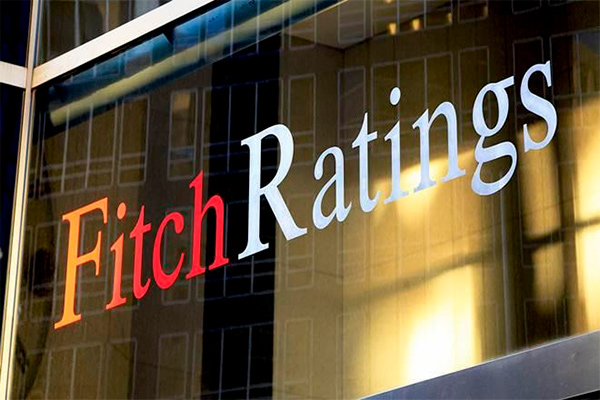
Fitch Revises Anor Bank Outlook to Negative; Ratings Affirmed at ‘B-’
Fitch Revises Anor Bank Outlook to Negative; Ratings Affirmed at ‘B-’
Tashkent, Uzbekistan (UzDaily.com) — Fitch Ratings has revised the outlook on Anor Bank JSC’s long-term issuer default ratings (IDR) from “Stable” to “Negative.” At the same time, the bank’s ratings were affirmed at ‘B-’, and its Viability Rating (VR) remains at ‘b-’.
The agency cited the bank’s capital vulnerability as the reason for the outlook revision. Over the past three years, Anor Bank’s core capital has declined to very low levels, and Fitch warns of the risk of further deterioration without additional injections from the owner. Low capitalization may limit the bank’s ability to implement growth strategies and expand its loan portfolio.
Founded in 2020 as a digital branchless bank, Anor Bank accounted for 1.5% of the sector’s assets and loan portfolio and 3% of deposits as of the end of the first half of 2025. More than 75% of its loans are issued to individuals and sole proprietors. Fitch notes that the bank plans to expand its small and medium-sized business segment while maintaining a focus on smaller loans.
The agency also highlights the bank’s high operational margins and stable profitability: return on operating income to risk-weighted assets (RWA) stood at 2.2–2.4% in 2023–2024. However, the Fitch Core Capital (FCC) ratio at the end of 2024 was only 4.3%, putting pressure on the bank’s ability to grow further without capital replenishment. The regulatory Tier 1 ratio at the start of 2025 was 8.7%, slightly above the minimum requirement of 8%.
Fitch forecasts FCC in the range of 5–6% over the next two years, taking planned capital injections into account. The agency also notes the bank’s high funding costs and narrow deposit base, with more than 90% of liabilities derived from client accounts, predominantly term retail deposits. Liquidity is assessed as adequate, at 18% of assets at the end of the first half of 2025.
Factors that could lead to a downgrade include further FCC decline below 5% without sufficient capital increase and deposit outflows. Upside potential exists if FCC rises above 10%, the business model is strengthened, and profitability is maintained.
The Government Support Rating (GSR) is affirmed as “No Support,” reflecting the absence of a proven history of reliable state support for private banks in Uzbekistan, despite regular assistance to state-owned banks.